Speakers
Symposium Speakers
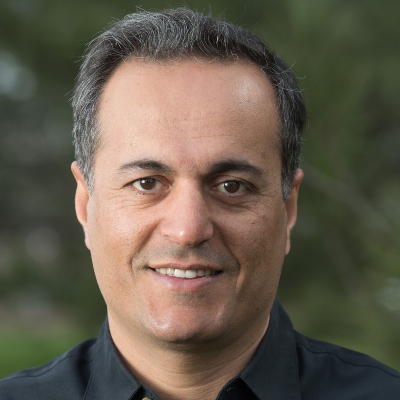
Dr. Mazdak Arabi
Professor & Director
Colorado State University & One Water Solutions Institute
Dr. Mazdak Arabi is the director and founder of the One Water Solutions Institute at Colorado State University. His research is primarily focused on development of decision support systems for management of water resources at the watershed scale. To make informed decisions, policy makers should have the tools necessary to identify areas that are most vulnerable to erosion and contaminant transport, and subsequently assess tradeoffs between environmental and economic impacts of management actions. Dr. Arabi has developed and demonstrated optimization-based approaches to facilitate development of watershed management plans that achieve water quality goals at significantly lower costs. He has published analytical and computational methods to support both deterministic and probabilistic evaluation of watershed-scale benefits of best management practices
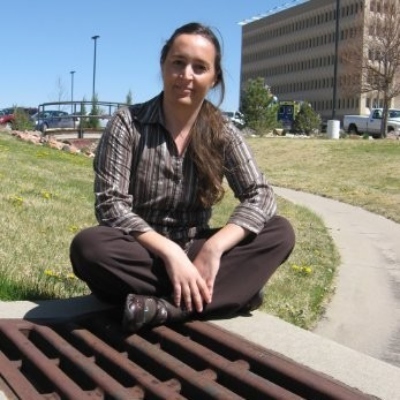
Juliana Archuleta
Stormwater Administrator
Adams County, Colorado Stormwater Council
Juliana is an experienced Environmental Professional with a demonstrated history of working in the government administration sector. She is a sustainability champion that enjoys facing challenges and turning them into great improvement opportunities.
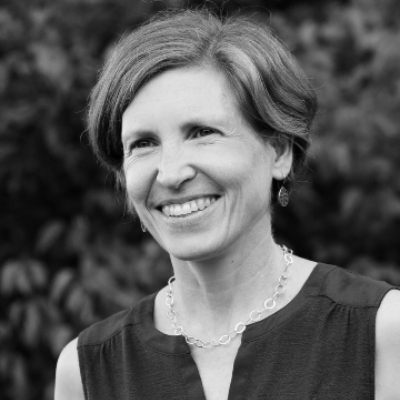
Katherine Baer
Vice President, River Programs
As an environmental advocate for over 15 years, Katherine has worked for American Rivers, Triangle Land Conservancy, Upper Chattahoochee Riverkeeper, the Center for Progressive Reform, and the School for Field Studies. In that work she has led efforts to improve policies for clean and reliable water at the local, state and national levels, including testifying before Congressional Committees, serving on state and national working groups on topics including drought management, climate change adaptation and reducing sewer overflows, and working with watershed groups. While at American Rivers, Katherine led a team of policy and technical experts working to advance green infrastructure through successful advocacy for increased funding and stronger permits and policies, working with a diverse array of partners. She currently serves on the Water Environment Federation’s Stormwater Institute Advisory Committee.
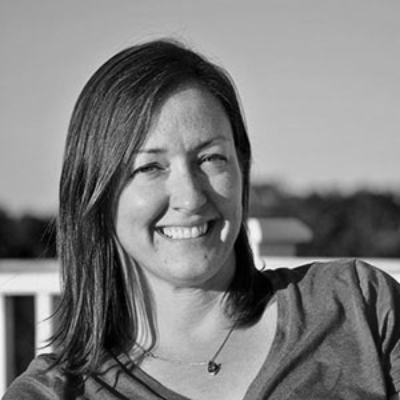
Dr. Jennifer Bousselot
Assistant Professor
Jennifer Bousselot is an assistant professor at Colorado State University in the Department of Horticulture and Landscape Architecture. Jen teaches online courses in Horticultural Science, Native Plants in the Landscape, Horticulture Production and Management, Urban Horticulture and Green Roof Culture. Her research interests are primarily in the area of green roofs, especially plant species, substrates, interactions with pollinators and moisture deficit conditions. Jen also does research on native plants for use in the green industry and local foods. Bousselot has studied green roof species selection, water use and substrates in Colorado for over 10 years. She is also coauthor of the Colorado Native Plant Society published third edition of Common Southwestern Native Plants.
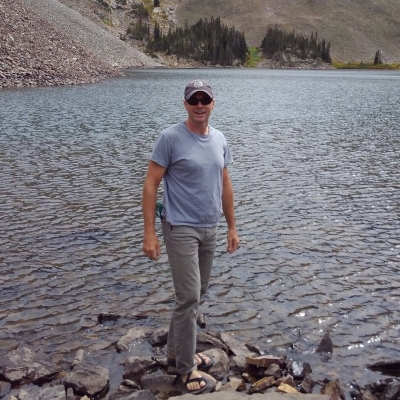
Daniel Bowker
Forest & Fire Project Manager
Coalition of the Poudre River Watershed
A born-and-raised Kentuckian, Daniel came of age thinking deeply about the changes he saw as his home state transformed from small family farms to the urban-rural hybrid it is today. After finishing degrees in philosophy, he followed his calling out of doors, returning to the University of Kentucky to complete a Bachelor of Science in forestry. Following graduation, UK hired Daniel as a forester on the university’s 15,000 acre Robinson Forest, in the rugged Cumberland Plateau region of eastern Kentucky. While there, Daniel spearheaded research into local commercial logging practices, testing the effects of the state’s streamside management zone regulations on water quality and riparian biota, and received his Master of Science in forestry along the way. Daniel moved to Fort Collins in 2010, and worked with the US Forest Service Rocky Mountain Research Station on the mountain pine beetle outbreak in northern Colorado. He then spent several years with the Natural Resource Ecology Lab at Colorado State University, managing a long-term research program in the Loch Vale watershed of Rocky Mountain National Park. Most recently, Daniel served as a forester with the conservation districts in Boulder County, delivering Farm Bill assistance to private landowners working to thin and restore their forests for wildfire resilience and forest health.
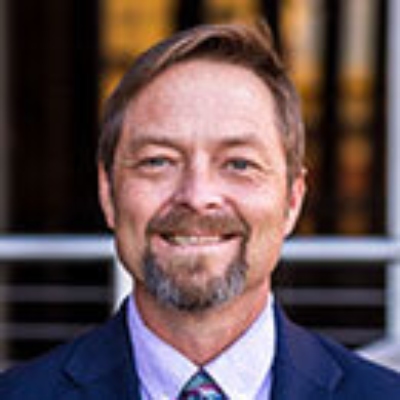
Andrew Earles
Vice President, Water Resources
With a Ph.D. in civil engineering, Andrew Earles is WWE’s Vice President of Water Resources. Andrew is a Diplomate with the American Academy of Water Resources Engineers and a Certified Professional in Erosion and Sediment Control. He manages projects emphasizing hydrology, hydraulics, best management practices, water quality, dewatering, and stormwater management. Andrew also has expertise in post-wildfire hydrology and debris flows. Andrew has conducted engineering work to aid in the preservation of historic sites in Peru, Cambodia, Thailand, Myanmar, China, and Iraq.
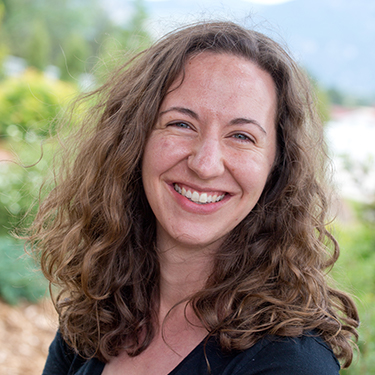
Rachael Hamby
Western Lands Senior Policy Analyst
Rachael’s work for WRA’s Western Lands program includes policy research, analysis, and development, with a focus on state-level policy in Nevada, Montana, Colorado, and Arizona. She also engages in outreach and collaboration with stakeholders and contributes to cross-programmatic initiatives with WRA’s Clean Energy and Healthy Rivers programs. Her current priority issues include improving wildfire resilience, protecting and connecting migratory corridors and habitats for wildlife, and supporting efforts to secure dedicated financing for conservation.
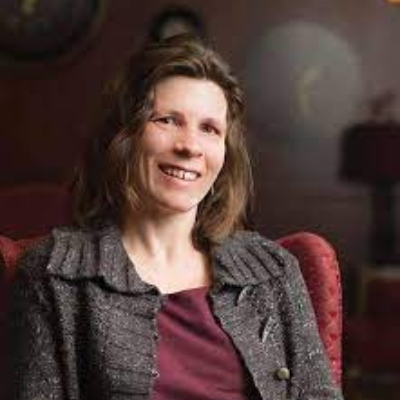
Dr. Stephanie Kampf
Professor
Dr. Kampf’s research group focuses on physical hydrology across spatial scales from plots to basins. Projects examine how runoff generation is affected by climate, landscape characteristics, and landscape disturbance. Current research projects explore these topics in mountain and arid environments using field monitoring, remote sensing, and both conceptual and physically based modeling.
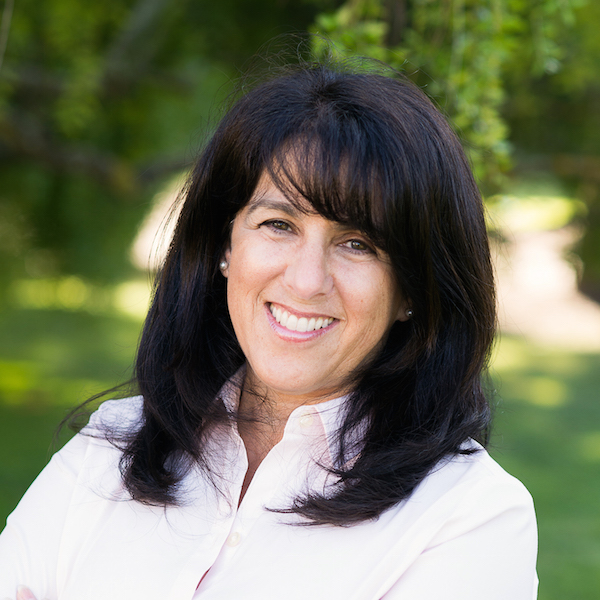
Cynthia Koehler
Executive Director
Cynthia is an environmental attorney and water policy expert with 20 years of experience working on federal and state water issues and legislation. She was previously the Environmental Defense Fund’s Legislative Director for California water issues, and the Legal Director for Save San Francisco Bay.
- Board Member, Marin Municipal Water District (serving 4th term)
- Water Education Foundation Board; Sierra Nevada Research Institute Directors’ Council
- Various awards for leadership on water issues, including the Hero of the Bay Award
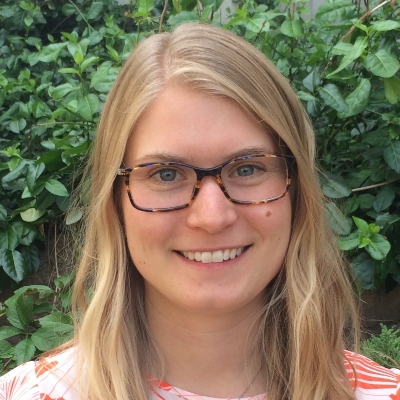
Waverly Klaw
Director for Resilient Communities & Watersheds
Waverly joined the Sonoran Institute in 2019 and is director of Resilient Communities and Watersheds. She leads the Institute’s Colorado-based initiatives, including its Growing Water Smart program, climate resilience work, and water conservation efforts. Throughout her career in the nonprofit and public sector, Waverly has worked closely with local governments, watershed coalitions and other civic organizations to increase the resilience of the built and natural environment to the impacts of climate change. Waverly was formerly a senior planner for the State of Colorado, where she spearheaded the State’s award-winning Planning for Hazards guide. She also served as a program manager for River Network, supporting riparian and watershed restoration efforts across the country. Waverly is an accredited planner with the American Institute of Certified Planners (AICP). She holds a master’s degree in urban and regional planning from the University of Colorado Denver as well as a bachelor’s degree in sociology from Syracuse University.
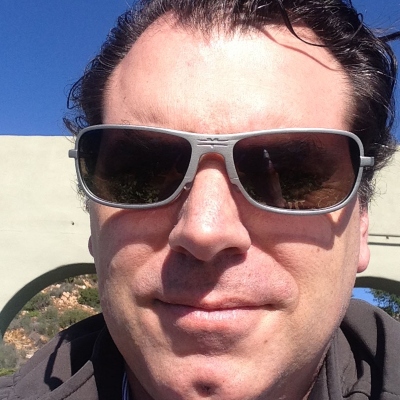
J. Paul Newton
PARTNER, Design Manager
Paul Newton is a partner with Agriburbia, LLC managing Agriburbia Design efforts on agriculturally integrated development efforts. He has more than 30 years professional experience managing architecture, land use planning, environmental design, visualization, and geospatial projects. He specializes facilitating design process and guiding design teams for projects at any scale. His skill in synthesizing project objectives, program elements and visualizing user the experience into physical design are indispensable. Paul has been a regular contributor to the mission of Agriburbia, LLC. since its inception. Paul maintains his own architectural consulting practice in Santa Barbara, California, focused on sensitive design solutions and entitlement for hillside, remote, and environmentally challenging properties. He previously worked with Parsons Brinkerhoff and Company 39 directing and managing public outreach strategy and visualization services for transportation and infrastructure projects worldwide. Paul has a Bachelor of Arts in Environmental Design from the University of Colorado, Boulder.
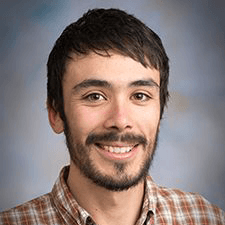
Blake Osborn
Water Resources Specialist
Colorado Water Center, WAVE Program
Blake Osborn serves as a research scientist for the Colorado Water Center, a water research and outreach group at Colorado State University. He manages water resource projects that help local water users and water managers make better management decisions to meet multiple beneficial objectives for our scarce water resources. Most of his research and outreach activities center on post-wildfire hydrologic stabilization, helping farmers/ranchers make efficient uses of water, improving water equity and diversity, and creating coalitions to improve water quality. Blake has a BS in Natural Resources Management from Colorado State University and a MS in Hydrology and Watershed Management from the University of Wyoming.
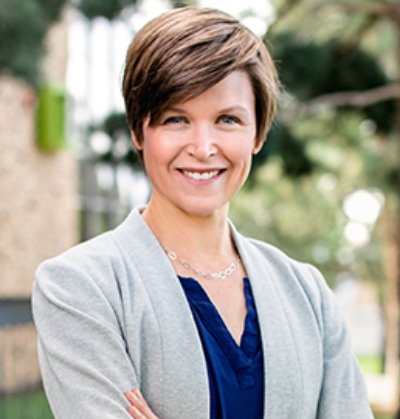
Holly Piza
Engineer
Holly Piza is a professional engineer with the Mile High Flood District (MHFD) in Denver, Colorado. She leads MHFD’s stormwater quality research and criteria promulgation efforts. Previous to her ten years with MHFD, she spent 12 years as a consulting engineer. She has been involved on a national level with EWRI ASCE for the past ten years and recently co-edited a book published by ASCE titled, Cost of Maintaining Green Infrastructure . As a member of EWRI, she has been active in several councils and is currently serving as Chair of the Municipal Water Infrastructure Council (MWIC). She has a Bachelor of Science in Environmental Engineering from the University of Florida and is currently pursuing a Masters in Public Administration from the University of Colorado.
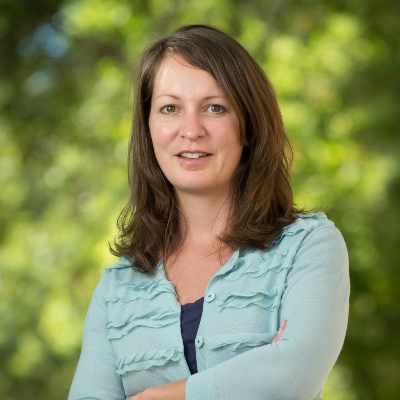
Dr. Sybil Sharvelle
Professor
Dr. Sharvelle has nine years of experience working on graywater projects. Her graduate studies were funded by NASA to optimize biological waste processing systems that would treat graywater with the end goal of potable reuse. The waste treatment concept employed entailed separate source collection and treatment of graywater, urine, and fecal material. Dr. Sharvelle’s experience in closed loop recycling of resources is very valuable for implementation of sustainable development concepts for urban water management. Dr. Sharvelle is currently working on sustainable urban water management including graywater reuse, reclaimed water reuse, development of models to estimate water savings associated with urban water conservation practices. Dr. Sharvelle also has several years of experience working on waste conversion to methane through anaerobic digestion.
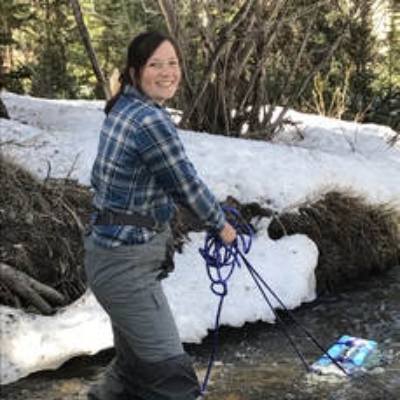
Maggie Spangler
Associate Water Quality Engineer
Maggie is passionate about working at the intersection of water resources engineering and ecology in order to increase our knowledge of natural systems and find the best ways to apply this knowledge to ecological restoration designs and natural resource management. My work and education have involved developing creative methods to gather data using new frameworks, managing teams, analyzing data, and learning about new ways to efficiently operate systems. These experiences have inspired me to not only pursue these solutions through robust scientific analysis, but also by increasing communication efficiency and key partnerships between agencies, organizations, and team members alike.
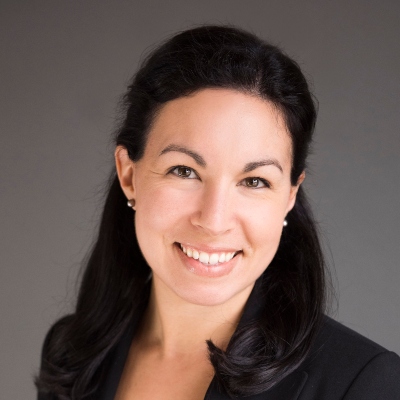
Jessica Thrasher
Education & Outreach Manager
Jessica has a bachelor’s degree in Sociology from Southern Methodist University and a master’s degree in International Development Anthropology from Colorado State University. She is dedicated to being part of creating solutions to the current water quality, supply, use, and conservation issues. At the Colorado Stormwater Center, Jessica provides tools, educational opportunities, and research to municipalities, stormwater professionals, consulting firms, and community members allowing them to make informed decisions about stormwater management practices. Jessica is a Certified Permaculture Designer, Certified Rainwater Harvesting Practitioner, and is also Qualified Water Efficient Landscaper (QWEL) and Stormwater Control Measure Inspection and Maintenance Certified.